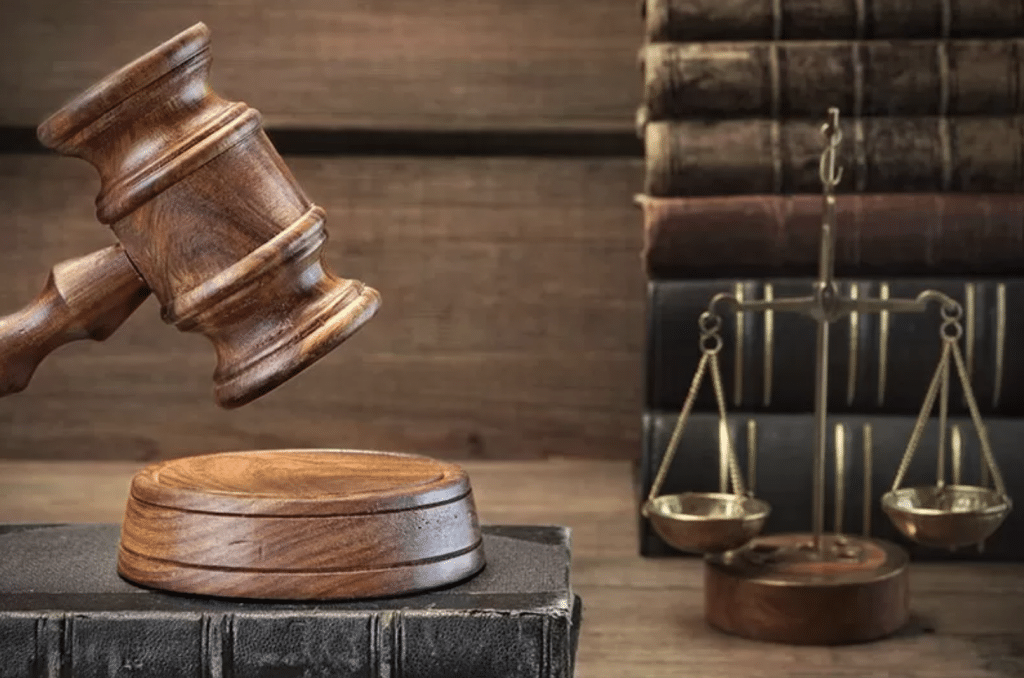In the realm of criminal defense, integrity stands as a cornerstone of effective legal representation. Attorneys hold the responsibility of defending their clients while simultaneously upholding the ethical standards that govern their profession. The importance of these standards cannot be overstated; they are vital in maintaining public trust, ensuring justice, and safeguarding the rights of individuals. This blog will explore the ethical obligations of criminal defense attorneys, the role of integrity in legal representation, challenges to upholding these standards, the consequences of ethical violations, and best practices for fostering integrity in advocacy.
Understanding Ethical Standards in Criminal Defense
According to one legal practice, ethical standards in criminal defense are a set of guidelines that dictate how attorneys should conduct themselves in their professional dealings. These standards include principles such as confidentiality, loyalty, and the duty to provide zealous representation for clients, regardless of the nature of their charges. Lawyers must also navigate potential conflicts of interest, ensuring that their judgment is not compromised by personal or professional relationships.
Legal associations and bar organizations establish these ethical standards to promote accountability and professionalism among attorneys. They serve as a framework within which lawyers operate, guiding their actions and decision-making processes. By adhering to these ethical standards, criminal defense attorneys not only protect their clients’ rights but also contribute to the integrity of the legal system as a whole.
The Role of Integrity in Legal Representation
Integrity plays a pivotal role in shaping the relationship between attorneys and their clients. When clients seek legal representation, they place their trust in their attorneys to act in their best interests. This trust is built on the foundation of honesty and transparency, which are essential components of integrity. Attorneys who communicate openly with their clients about the potential outcomes, risks, and strategies involved in their cases foster a stronger attorney-client relationship.
Moreover, maintaining integrity in legal representation enhances the effectiveness of advocacy. An attorney’s credibility is critical when presenting a case before the court or negotiating with opposing counsel. Judges and juries are more likely to respect and trust a lawyer who demonstrates ethical conduct and honesty. By embodying integrity, attorneys not only advocate effectively for their clients but also uphold the values of justice and fairness within the legal system.
Challenges to Upholding Ethical Standards
Despite the clear importance of ethical standards, criminal defense attorneys often face significant challenges in upholding them. One common ethical dilemma involves representing clients who may be guilty of the charges against them. Attorneys must balance their duty to provide zealous representation with the need to maintain personal ethics and integrity. This can create a conflict, as attorneys may grapple with the moral implications of defending a client whose actions they find reprehensible.
Additionally, external pressures can further complicate ethical decision-making. Attorneys may face pressure from clients to adopt aggressive tactics that could compromise ethical standards. Public opinion can also influence their actions, especially in high-profile cases where emotions run high. These challenges can test an attorney’s commitment to integrity and ethical advocacy, making it essential for lawyers to remain vigilant and grounded in their professional responsibilities.
Consequences of Ethical Violations
The repercussions for attorneys who fail to uphold ethical standards can be severe. Disciplinary actions may range from reprimands to disbarment, depending on the nature and severity of the violation. A tarnished reputation can have lasting consequences, impacting an attorney’s career and ability to secure future clients. Furthermore, ethical violations can lead to legal malpractice claims, resulting in financial liability and damage to professional credibility.
The broader implications of unethical behavior in criminal defense are equally concerning. When attorneys compromise their ethical obligations, they undermine public trust in the legal system. This erosion of trust can have far-reaching effects, as individuals may become skeptical of the fairness and integrity of legal proceedings. Ultimately, ethical violations do not just affect the individual attorney; they can compromise the legitimacy of the entire justice system.
Moreover, the impact of ethical violations extends beyond individual attorneys to their clients and the broader legal community. Clients who suffer due to their attorney’s unethical conduct may face unfavorable outcomes in their cases, leading to wrongful convictions or inadequate defense. This not only exacerbates the clients’ struggles but can also perpetuate cycles of injustice within the legal system. The erosion of public trust that follows unethical practices can discourage individuals from seeking legal representation, ultimately undermining the foundation of a fair and effective legal system.
Best Practices for Upholding Integrity in Advocacy
To uphold ethical standards and maintain integrity in their practice, criminal defense attorneys should adopt best practices that reinforce their commitment to ethical advocacy. First and foremost, continuous education on legal ethics is crucial. Attending seminars, workshops, and training sessions can help attorneys stay informed about the evolving ethical landscape and potential challenges they may face.
Additionally, fostering a culture of support and accountability within legal practice is essential. Engaging in discussions with colleagues and mentors about ethical dilemmas can provide valuable insights and perspectives. Self-reflection is also a powerful tool for maintaining integrity. Attorneys should regularly evaluate their actions and decisions, ensuring that they align with their ethical obligations and professional values.
Conclusion
Integrity in advocacy is fundamental to upholding ethical standards in criminal defense. As attorneys navigate the complexities of legal representation, they must remain committed to principles that promote justice, transparency, and accountability. By understanding the ethical standards that govern their profession, recognizing the role of integrity in effective advocacy, and confronting the challenges that arise, criminal defense attorneys can contribute to a legal system that is fair and just. Upholding these ethical standards not only protects the rights of clients but also preserves the integrity of the legal profession. As guardians of justice, attorneys have a duty to embody integrity in all aspects of their practice, ultimately fostering a legal landscape built on trust and respect.
